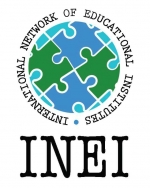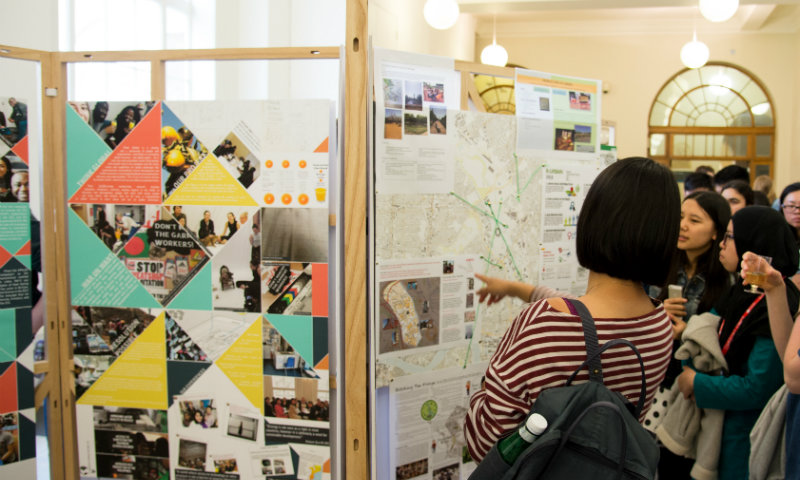Educators in China are modelling a module on the new social justice strand of UCL’s two-week Global Citizenship Programme.
1 February 2017
Active Citizenship was introduced in 2016 as a new strand of the UCL Global Citizenship Programme, the annual free two-week programme for current undergraduate and master’s students. The strand develops participants’ campaigning skills and their understanding of ways in which citizen power can produce change for social justice and environmental sustainability. Integral to the pathway is a chance for participants to work with leading campaigning organisations, such as War on Want and Amnesty International.
Hugh Starkey, of UCL Institute of Education, designed and delivered the first intensive campaigning summer school in 2016 assisted by Dr Mai Abu Moghli an experienced human rights campaigner who teaches at UCL. Prof Starkey, whose research focuses on education for democratic citizenship and human rights education, was supported at the session by four ‘navigators’, doctoral students who acted as facilitators in the summer school.
One of the facilitators in Prof Starkey’s team was Ke Lin from the Centre for Citizenship and Moral Education at Beijing Normal University (BNU) who then led a successful funding bid to evaluate the programme and develop a similar programme for teachers in training in China.
The Active Citizenship pathway has been receiving attention from around the world, after Professor Starkey presented it at a symposium at the University of Wisconsin Madison in November. The audience included Deans of schools of education from Korea, China, Brazil, South Africa, Singapore, Australia, Canada as well as USA and UK. They were particularly interested in the way the course has been designed to include both academic input and direct practical experience of campaigning.
Prof Starkey said: ‘We are delighted that the programme was so well received both by the students and by our partner campaigning organisations. We are flattered to receive interest from around the world at such an early stage. We have a meeting planned in Beijing in May where we will plan a parallel programme that will be adapted to the Chinese context. Of course this is a challenge but my experience is that teachers and university colleagues at BNU are keen to develop new ways of teaching and learning about citizenship and human rights.’
Dr Tim Beasley Murray, Global Citizenship Academic Director, said: ‘2017 marks the fifth year of UCL’s pioneering programme for current students. The new programme at BNU is symptomatic of the interest we’re getting from universities the UK and around the world, who see the Programme as a model for innovating cross-disciplinary learning in their own institutions.’

